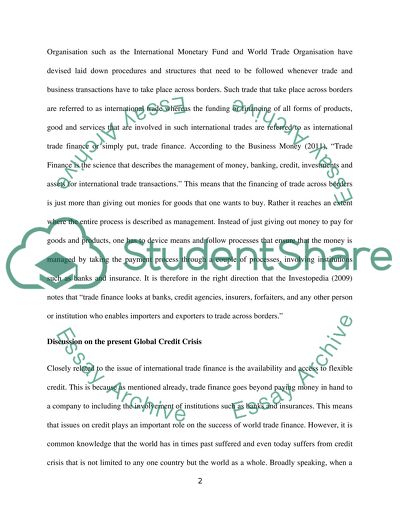Cite this document
(“Law Relating to Payment and Trade Finance Essay”, n.d.)
Retrieved from https://studentshare.org/law/1423160-law-relating-to-payment-and-trade-finance-
Retrieved from https://studentshare.org/law/1423160-law-relating-to-payment-and-trade-finance-
(Law Relating to Payment and Trade Finance Essay)
https://studentshare.org/law/1423160-law-relating-to-payment-and-trade-finance-.
https://studentshare.org/law/1423160-law-relating-to-payment-and-trade-finance-.
“Law Relating to Payment and Trade Finance Essay”, n.d. https://studentshare.org/law/1423160-law-relating-to-payment-and-trade-finance-.


